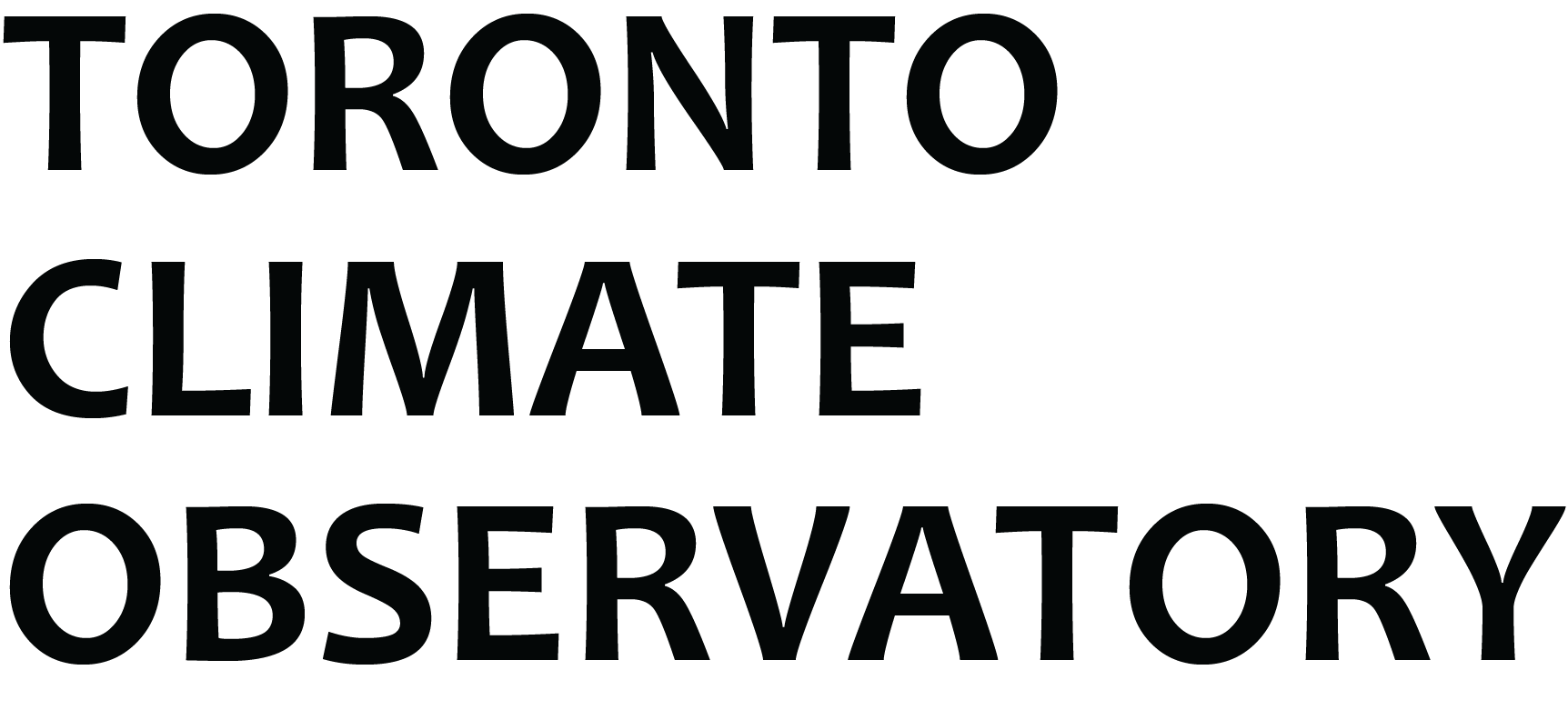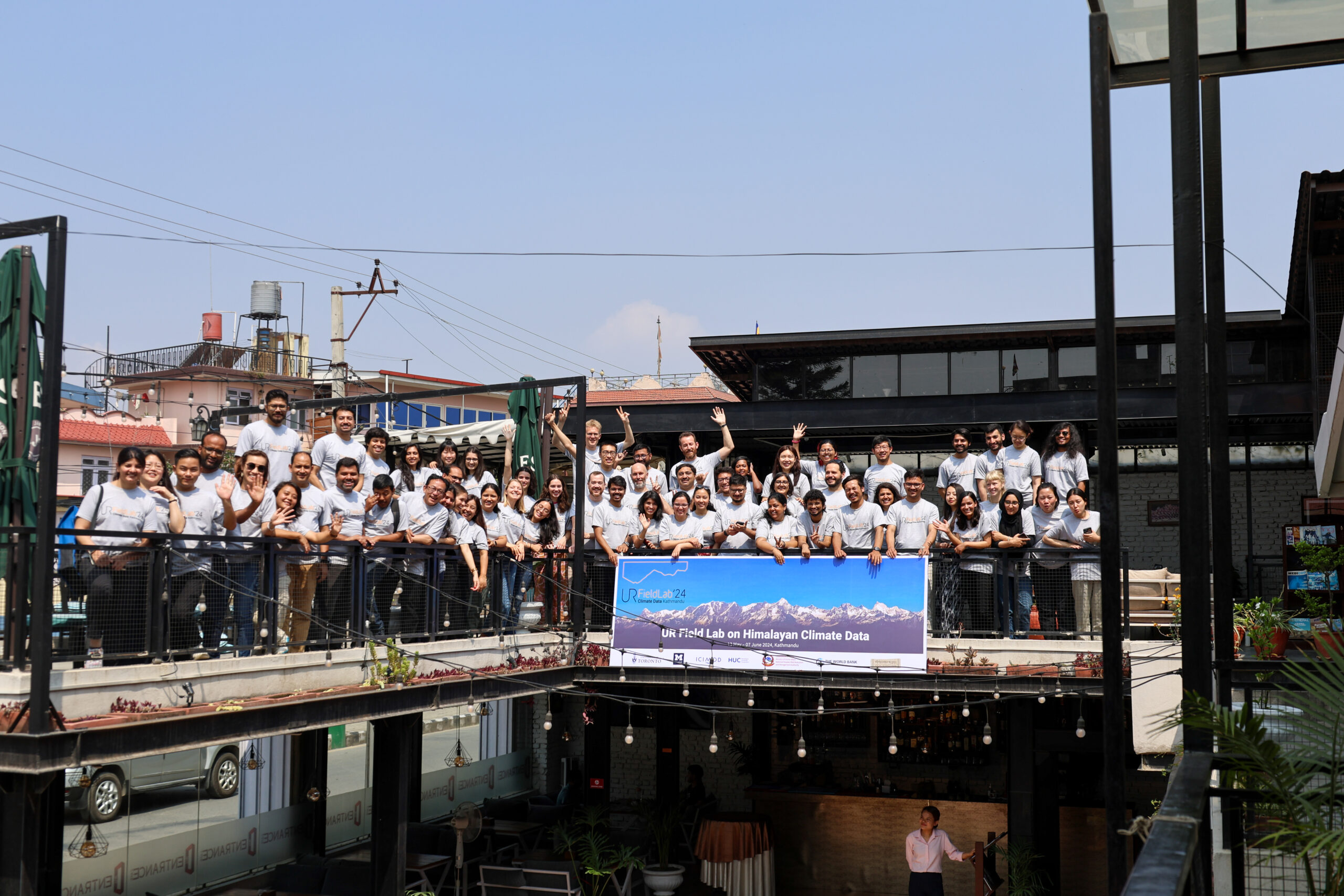Austin Lord, Robert Soden
The Himalayan Climate Data Field Lab brought 112 people from 19 different countries together in Kathmandu, Nepal in May and June for a month-long participant-led ‘unconference’ that explored new ways of creating, sharing, and using climate change data. As climate change impacts and risks intensify across the Himalayan region, processes of data production and the design of information management systems shape the ways climate-related problems are understood and prioritized, as well as whose stories get told. This Field Lab, organized by Professor Robert Soden and postdoctoral fellow Austin Lord from the Toronto Climate Observatory, created a space where participants could collaboratively reevaluate the landscape of climate change data in the Himalayan region and build new tools to help create more just climate futures.



Working together over four intensive weeks, Field Lab team members co-designed and developed an array of projects: experimenting with new analytic tools and sensing technologies to assess climate risk, conducting community-engaged research on urban climate and environmental issues, building new models for disaster and climate risk management, and imagining new modes of inclusive and effective climate change communication. Field Lab working groups also created a variety of new and useful things, including a natural language processing model for analyzing disaster sentiments, a dataset to help anticipate dengue outbreaks in Nepal, risk maps of informal urban settlements created using 360 cameras and drone, a novel methodology Nepal’s government agencies can use to assess disaster exposure of public assets, a disaster board game prototype, and a handful of media articles, essays, storymaps, draft journal articles, and research proposals. Field Lab participants also organized a variety of different public arts events, including exhibitions at the Patan Museum and local galleries, projections of climate-themed photographic and video work in the streets of Kathmandu, and an immersive arts installation combined with a panel on water and activism inside a heritage step well. For more information on Field Lab activities and outcomes, and more detail on the unique and participant-led ‘unconference’ approach we adopted, please check out our website.



The 2024 Field Lab was led by the University of Toronto team, with support from an SSHRC Connections Grant, working with co-organizers from the University of Michigan, the World Bank, and the Himalayan University Consortium, among others. The Field Lab was built using the framework that Professor Soden and colleagues developed during the first Field Lab theyorganized in Chiang Mai, Thailand in 2019. In late June, our team organized an event at the Understanding Risk Global Forum (UR24) in Himeji, Japan to share findings from both Kathmandu and Chiang Mai and discuss ways to take the Field Lab model forward. In the past six months, Field Lab alumni have continued working on their projects, organized follow-up events, and gathered in Kathmandu, Washington DC, and online to continue the conversation. We are extremely proud of the international network of researchers, practitioners, and storytellers that the Field Lab has created, and the organizing team has already begun discussion about where and when the next Field Lab might occur!


















